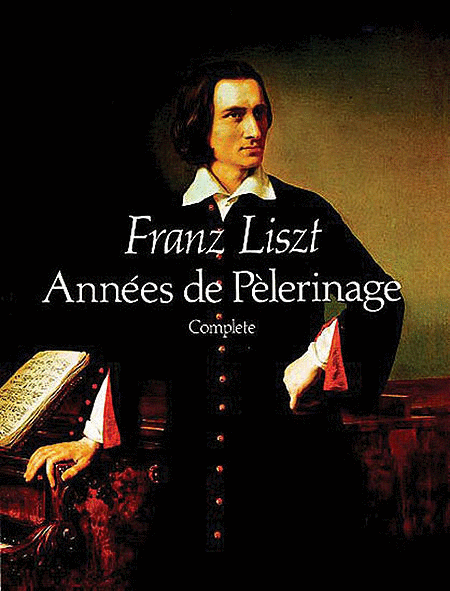
Michelangelo Rossi (1602 - 1656)
 Italie
Italie
 Italie
ItalieMichelangelo Rossi (Michel Angelo del Violino) (ca. 1601/1602 ? 1656) was an important Italian composer, violinist and organist of the Baroque era.
Rossi was born in Genoa, where he studied with his uncle, Lelio Rossi (1601-1638), at the Cathedral of San Lorenzo. Around the year 1624 he moved to Rome to enter the services of Cardinal Maurizio of Savoy. It was there that he met the madrigal composer Sigismondo d'India as well as the keyboard composer Girolamo Frescobaldi, with whom he may have s ... (Read all)
Source : Wikipedia
Rossi was born in Genoa, where he studied with his uncle, Lelio Rossi (1601-1638), at the Cathedral of San Lorenzo. Around the year 1624 he moved to Rome to enter the services of Cardinal Maurizio of Savoy. It was there that he met the madrigal composer Sigismondo d'India as well as the keyboard composer Girolamo Frescobaldi, with whom he may have s ... (Read all)
Source : Wikipedia
FREE SHEET MUSIC BAROQUE
Active criterias:
VISITOR MEMBER
Search #Baroque
| |||||







